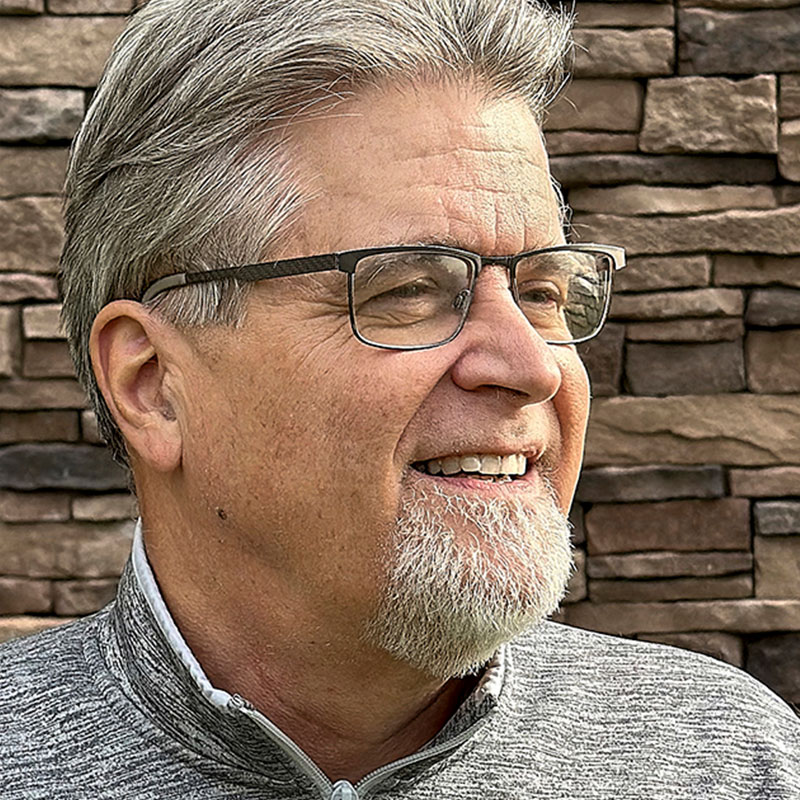
For some people, it’s really hard to get outside the paradigm of conservative Christianity to begin deconstructing evangelicalism. Many have been programmed so much by their churches or their favorite evangelical voices, that they live in fear. They can’t differentiate between evangelical doctrines and a more honest look at the history of the Jesus epic that began in the first century. People come to believe that not believing in things like biblical inerrancy, total human depravity, penal substitutionary atonement, and the doctrine of hell, is thoroughly anti-Christian. They think it’s dangerous and would lead to the destruction of the faith. Some come to believe “progressive Christians” don’t really follow or love Jesus. They tend to put up strawman arguments against deconstructing evangelicalism; that is, they paint deconstructionists with a broad liberal brush, and then attack them and their supposed liberal positions as unbiblical or non-Christian.
But once one finally escapes this biased paradigm, (s)he can start to see the faulty foundations and features of the evangelical house. (S)he can recognize that deconstructing evangelicalism doesn’t mean tossing the message of Jesus. In fact, for many, perhaps most people, including myself, deconstruction leads to rebuilding a more intellectually honest and historical faith.
Why Be Thorough in Deconstructing Evangelicalism
In my experience, the reason we should be thorough in our deconstruction is because most of evangelical theology is both non-historical (it doesn’t line up with the original Jesus Movement) and harmful. It’s based on historical myths and is counterproductive to producing a healthy faith or way of life. If you are deconstructing, by all means, go at your own pace and don’t let anyone tell you where you should land. But, from those of us who have run the gamut of evangelicalism, there are some lessons we can share that will help you on your journey. One of those, is to be patient with the process and when the time is right, leave no stones unturned. There is so much of conservative evangelical Christianity that is just not right or conducive to emotional and spiritual health.
The Top Ten Elements of a Harmful Faith
My friend Keith Giles recently wrote a blog entitled “Top 10 Reasons to Deconstruct Your Faith.” I’d like to flip those reasons and offer the top ten elements of a harmful faith. We deconstruct to expose and leave these things behind:
1 – Controlling Leadership and Theology – When you are being controlled and coerced by a church or movement that doesn’t encourage you to think for yourself, you are stifled. Exposing this and leaving it brings a refreshing sense of freedom.
2 – Conditional Love – At some point, you’ll recognize, especially when you start rocking the boat, that evangelical love is conditioned on you believing the right things and behaving the right way. It’s really hard to accept, embrace, and love others and yourself just the way they/you are. Once you leave this cloud, that changes.
3 – A Culture of Guilt and Shame – Evangelicalism tends to be a sin-doctrine management program. There’s always something more to feel guilty about, repent of, or of which to feel ashamed. But when you pursue what matters most—a love ethic that truly loves your neighbor as yourself, the guilt and shame fall away.
4 – Stifling Self-Acceptance – Similar to #3, this is when you believe the doctrine of the total depravity of humankind and can’t trust or really accept yourself because you are just a piece of crap compared to Jesus. Once you get out of this trap, you can more easily love others too.
5 – A Closed-Minded World that Can’t Trust Outsiders – This is the “us vs. them” mentality that is drilled into you. Saved vs. lost, biblical vs. non-biblical, going to heaven vs. hell, etc. This puts you in fear of “the other” and stifles curiosity and thirst for knowledge unless it has the evangelical seal of approval. News flash: God can work in and through anyone, not just the supposed saints.
6 – Addiction to God’s and Others’ Approval – This is when you are constantly second guessing yourself, trying to make sure you prayed enough or get approval from your leaders or mentors before you make decisions. Getting free of this leads to greater self-determination and a sense that you already have what it takes inside you to seek the best for your life. Advice is good to seek but shouldn’t be an anchor.
7 – Lack of Intellectual Freedom – Similar to #1, evangelicalism gets you trapped in a mentality where “our thoughts are not God’s thoughts.” The Bible is infallible, so we can’t really decide to not believe something we read in the Bible just because we think it makes no sense (i.e., think for ourselves). Once free of this through deconstructing non-intellectual evangelicalism, you realize you can think critically and use your God-given brain and God isn’t condemning you for that.
8 – Stifling the Celebration of Life – In the evangelical world, the only time to celebrate is in the context of church or your Christian faith. It has to be the “joy of the Lord,” not a worldly joy. But when you understand that the “world” is not evil as long as you pursue love, it brings joy, peace, and a celebratory spirit where you can truly enjoy food, drink, sex, relationships, and life without needing church approval.
9 – Oppressing Women and the LGBTQ Community – Misogyny reigns in evangelicalism. Don’t be fooled by the theology of “complementarianism” (women and men are equals but have different roles). In conservative evangelicalism, women still must submit to men (even in a dangerous marriage) and can’t lead a congregation. What’s more, most evangelicals never try to put themselves in the shoes of LGBTQ people. Therefore, they can never imagine what it’s like to be born gay or lesbian. Or, what it’s like to try to change (asking God to help) because religious people tell them they should, but then still fail. They can never realize that love demands acceptance of both women and the LGBTQ community as full equals. Not to mention the fact that discriminating against them has no biblical basis when you look under the hood.
10 – Fear of Judgment and the Afterlife – This is huge. Evangelicalism is a fear-based faith. Everything comes back to fearing God’s wrath over sin, fearing judgment, the end times, death, and eternal punishment. But seeing a truly good God that Jesus taught and demonstrated as being merciful and loving by nature and who only desires us to live a life of love frees us from fear. Discovering that universalism was the prevailing view of the earliest church also sets us free.
These elements of a harmful faith are ubiquitous among most evangelicals, even though there are exceptions and not all evangelicals may practice all 10 elements. It’s important that anyone deconstructing evangelicalism thoroughly address each one of these in order to be thoroughly set free.
*******
Michael Camp tends the Spiritual Brewpub, which helps disillusioned or post-evangelicals (or “nones”) uncover historical facts and insights that help them deconstruct, rethink, and rebuild a more authentic faith or philosophy of life. He is the author of Breaking Bad Faith, Craft Brewed Jesus and Confessions of a Bible Thumper. To get specific help deconstructing conservative Christianity and rebuilding healthy faith, see Michael’s Religious Deconstruction Workshop. To hear fascinating interviews with leading voices in the deconstruction community, listen to the Spiritual Brewpub Podcast.














